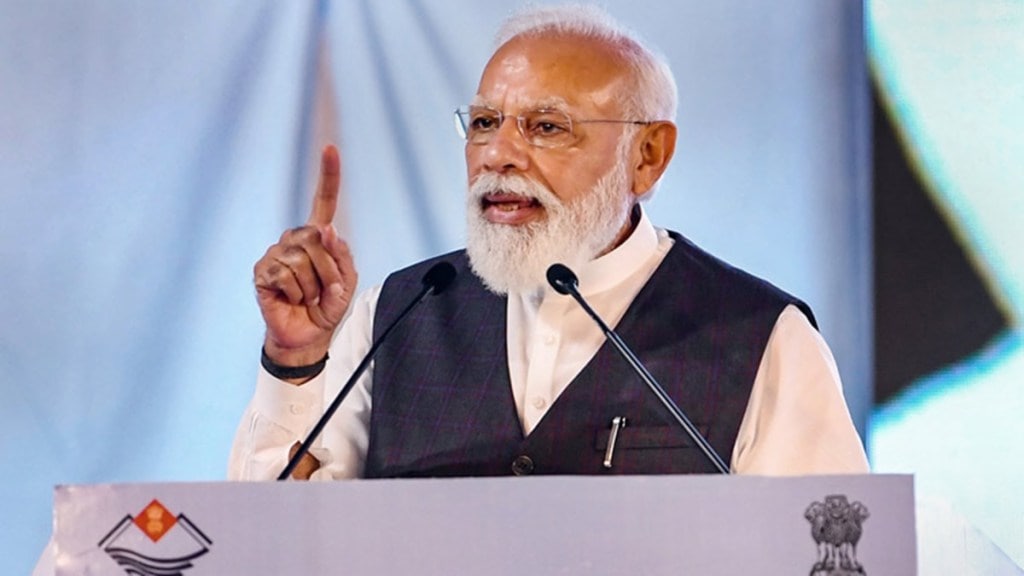Prime Minister Narendra Modi has stepped up his attack against the Congress party and said that inheritance tax does not address the problem of inequality and has never proven to be an integral tool towards eradicating poverty.
The Prime Minister’s remarks, made in an interview to the Times of India, come amid a continuing attack by the PM against the Congress and its leader Rahul Gandhi over its poll promises and the Opposition’s allegations of deliberately twisting remarks by its leaders.
Also Read: Congress manifesto has Muslim League stamp, felt obligated to alert nation: PM Modi
Intensifying his attack against the Congress, PM Modi categorically ruled out implementing any such tax policy if he wins the election and returns to power.
Terming such taxes as “dangerous problems disguised as solutions”, the PM said such policies only facilitated distribution of poverty to make everyone equally poor.
“I do not think they are solutions by any stretch of the imagination. These policies sow discord and block every road to equity, they create hatred and destabilise the economic as well as social fabric of a nation,” Modi said, responding to a query on whether he sees ideas such as wealth tax and inheritance tax as solutions to ensure equity and inequality.
Inheritance tax controversy: The origin
It all started when Sam Pitroda, chairman of Indian Overseas Congress, stated in a television debate that inheritance tax in the US is an interesting law. “That’s an interesting law. It says you in your generation made wealth and you are leaving now, you must leave your wealth for the public, not all of it, half of it, which to me sounds fair.”
Pitroda explained that if one has $100 million worth of wealth and when he dies he can only transfer probably 45% to his children, 55% is grabbed by the government.
The conversation caught netizens’ attention and drew sharp attacks by the ruling BJP. Pitroda, in his defence, said that he only mentioned the US inheritance tax as an example and this had nothing to do with the policies of any political party, including the Congress.
The remarks, however, pushed the Congress on the backfoot with party president Mallikarjun Kharge and general secretary Jairam Ramesh clarifying that the party has no plans on inheritance tax.
“Pitroda is a very distinguished professional and has expressed his views in the American context, which has no relevance for us. He does not speak on behalf of the Congress,” they stated.
FM Nirmala Sitharaman reacts
Reacting to the controversy around inheritance tax, Union Finance Minister Nirmala Sitharaman said that the implementation of inheritance tax has the potential to take India’s progress ten years back to ‘zero’.
“It (Inheritance Tax) directly hits the middle class and aspirational class. They work hard, sweat and toil of theirs are saved in small savings here and there, or they buy a house, and keep some fixed deposits,” Sitharaman said.
History of Inheritance Tax
The inheritance tax’s history dates back to 1953, when it was initially introduced. It was abolished after four decades in 1985 by the then Rajiv Gandhi government as it faced public opposition due to steep rates.
The tax rates started from 7.5% for the properties worth Rs 1 lakh and had a maximum rate of 85% for properties valued at over Rs 20 lakh.

